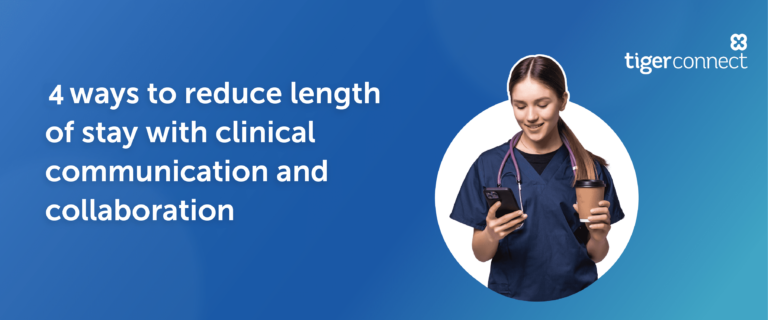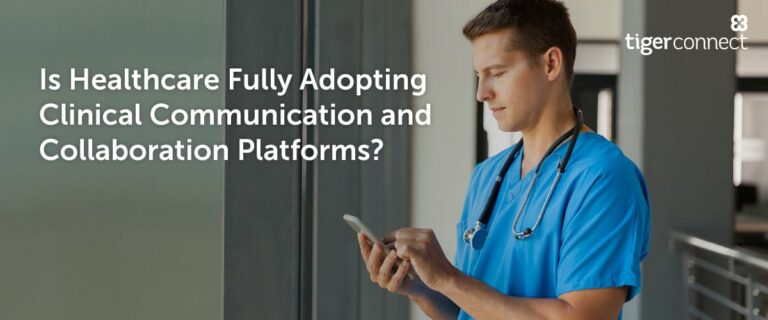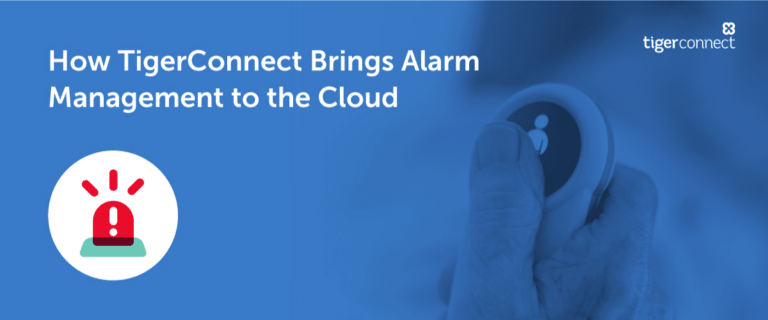TigerConnect Named on Built In’s 2022 Best Places to Work in Los Angeles
TigerConnect, the leading provider of clinical collaboration and communication solutions in healthcare, has been honored by Built In in its 2022 Best Places to Work Awards.

TigerConnect, the leading provider of clinical collaboration and communication solutions in healthcare, has been honored by Built In in its 2022 Best Places to Work Awards.

Over the last year, clinical communication and collaboration solutions have garnered significant attention from healthcare organizations to streamline care coordination. As a result, our posts about clinical collaboration were among the most popular blog posts we published in 2021. As we get ready for the new challenges that healthcare organizations are likely to face in 2022, taking a look back is a great way to recognize where we’re headed.

Many factors go into delivering excellent healthcare, including practitioner skillsets and modern healthcare technology like clinical collaboration platforms. Finding the right provider at the right time is critical to success, especially when patient experience is taken into account.

Efficient patient transfers are critical to delivering high-quality healthcare and profitable healthcare operations. Clinical communication and collaboration (CCC) platforms offer a solution, speeding up and improving patient transfers—increasing patient and care team satisfaction while contributing to better financial results.

Several factors — including poor organization, delayed decision-making, and cumbersome discharge processes — can drive up your average length of stay (LOS). TigerConnect provides advanced clinical communication and collaboration solutions that enable healthcare organizations to overcome these problems and reduce average LOS without compromising quality.

TigerConnect recently hosted a focus group of Health IT professionals from across the country at the CHiME21 Fall Forum to discuss the current state of clinical communications in healthcare. Learn what today’s CIOs need to eliminate silos, enhance security, and support informed decision-making for better patient care.

Today’s healthcare systems recognize that curbing burnout is essential to retain nursing team members, manage costs, and achieve quality patient outcomes. Understanding the problems burnout causes, along with strategies and technologies to remedy nurse burnout, is essential.

80% of physicians report feeling burned out. While the pandemic definitely added to existing stress levels, onerous administrative tasks and overwork were the leading reported causes. Clinics and specialty groups resolving to increase fairness in physician schedules would be wise to put automating physician schedules at the top of their list.

Making a move to cloud-native solutions helps health systems stay ahead of the curve. TigerConnect Alarm Management features cloud-based alarm management and event notifications that get critical information into the hands of the right clinical team members at the right time.

Agility and efficiency are imperatives for every healthcare organization—and recent years have increased pressures to do more, more quickly.
End of content
End of content